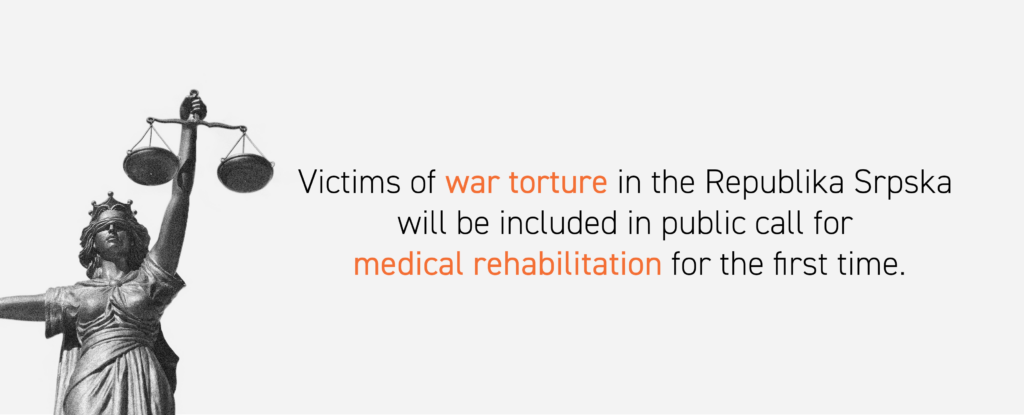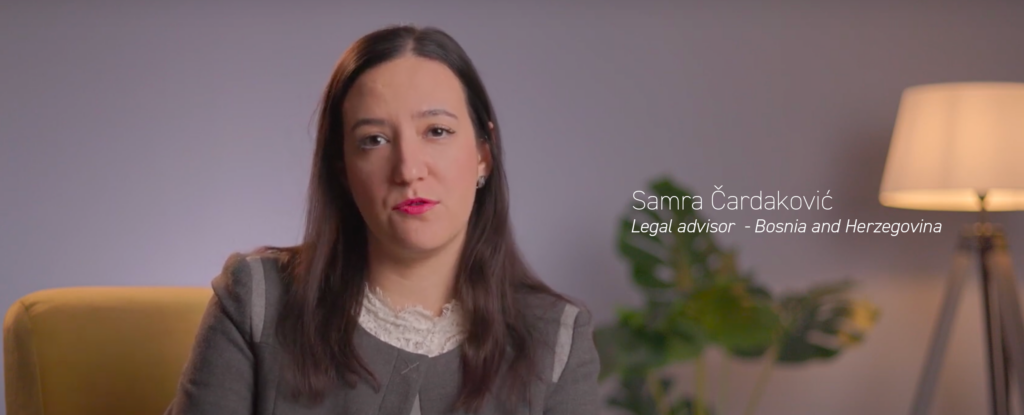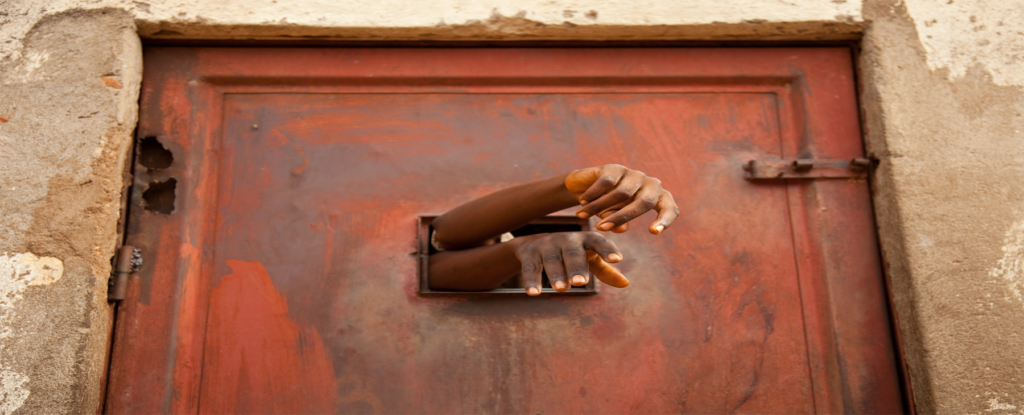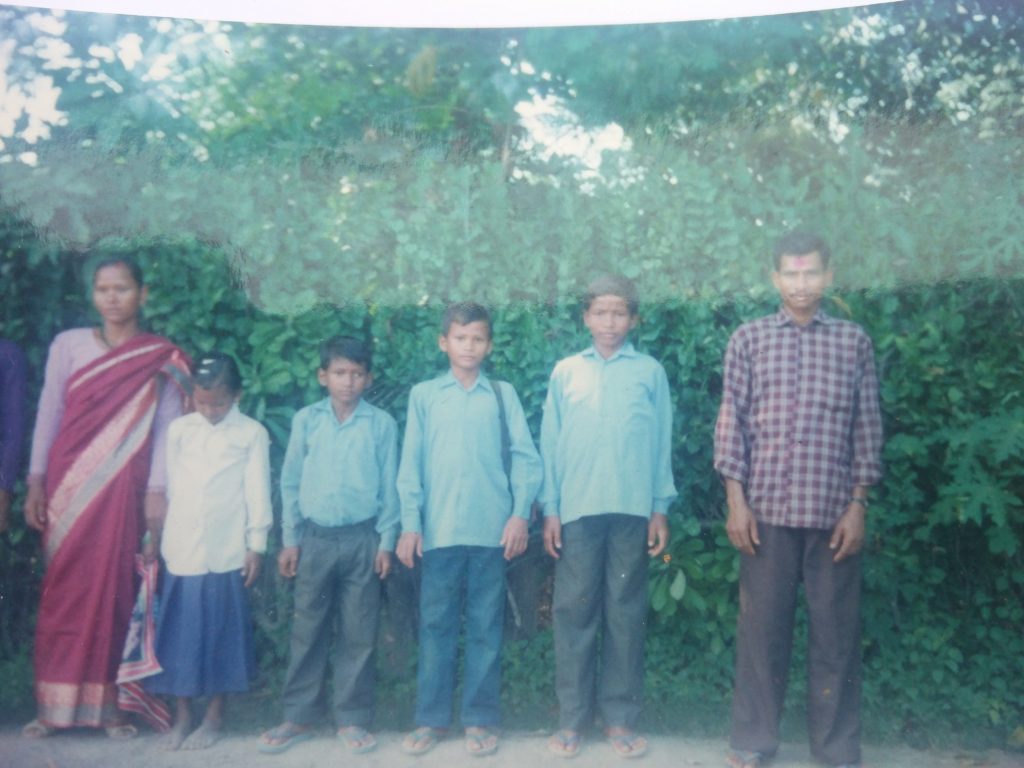Burundi’s missed opportunity risks closing off dialogue
An op-ed by Pamela Capizzi
Burundi deserted its examination before the United Nations Committee against Torture (CAT) midway. One can only regret this missed opportunity for an open and honest dialogue.
The CAT’s 58th session has been remarkable in many respects. Firstly, the experts decided to examine Burundi in a special procedure – this had only happened twice in the past, for Israel and Syria. And secondly, because of the Burundian delegation’s unprecedented coup de theatre.
On 28 July, the CAT’s session opened with the traditional statement from the State before the experts started their questions. Those were numerous, detailed and clearly also drawn from the report civil society had submitted earlier this summer. This report, to which TRIAL International participated, documented the severe and ongoing human rights violations in the country.
Since April 2015, Burundi has been the theatre of widespread violence against political opponents and civil society. The current president’s bid for a third mandate ignited an important wave of protest that was violently repressed, quickly escalating to a crisis that resulted in hundreds of deaths and over 270’000 displaced (UN sources).
Walking away from the UN table
On the second day of the examination, Burundi’s answers to the experts’ questions were greatly expected. The delegation failed to show up altogether.
While several States have declined to attend CAT examinations, it is to our knowledge the first time that delegates leave the procedure halfway through.
A note addressed to the Chair expressed Burundi’s surprise that questions were based on the NGOs’ report. State delegates expected the discussion to revolve around fewer issues and subsequently required more time “to check the allegations against Burundi and deliberate on the appropriate measures to adopt”.
It is deeply regrettable that the Burundian government declined to engage with the international community. United Nations examinations are the occasion for a State to address its shortcomings, make its voice heard, in collaboration with – not against – civil society and qualified experts.
NGOs are crucial to report abuse, and the CAT’s thorough use of their report proved their legitimacy. It is disappointing that Burundian representatives interpreted this move as an affront, rather than the opportunity for dialogue it was.
Burundi’s behavior before the CAT, as well as its recent refusal to allow UN police officers component to be deployed in its territory, is a threat to future cooperation. We hope that the government will reconsider its position and further engage in a constructive dialogue with (its) civil society and international community – or its civilian population will be paying the heaviest price.
Pamela Capizzi, Legal Adviser
@PamelaCap1










